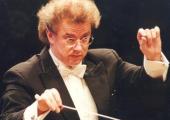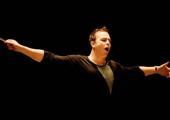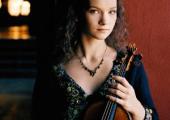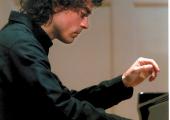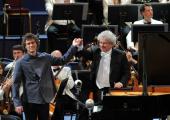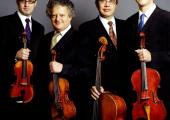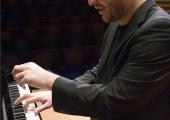Tognetti, Australian Chamber Orchestra, Cadogan Hall
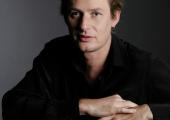
The Australian Chamber Orchestra give the concert of the summer
Australia has many fine exports – wine, women, gap year anecdotes – but increasingly it is her orchestras that are setting the standard. With a magnificent Proms performance from the Australian Youth Orchestra still fresh in the ears (as well as a significantly reinvigorated Sydney Symphony courtesy of Ashkenazy), last night it was the turn of the smaller and still-deadlier Australian Chamber Orchestra to fly the national flag, in what may well prove to be the finest concert of the summer.

